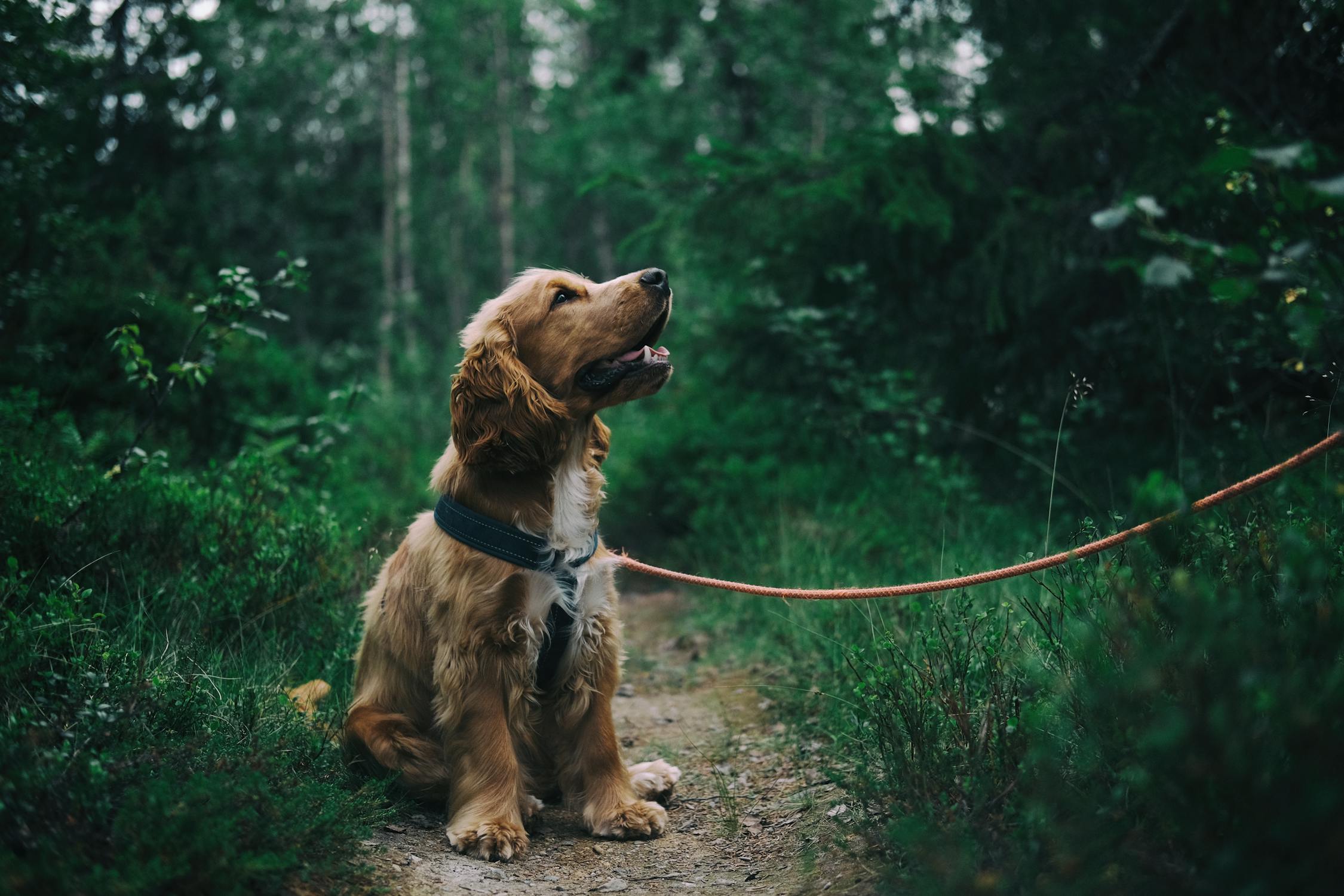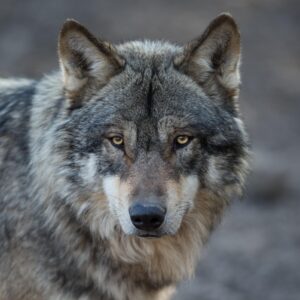How have dogs evolved to meet human needs?

It seems that dogs may be entering a new phase of domestication, driven by humans’ desire for gentle and calm pets that fit their lifestyles.
And several decades ago, dogs were considered working animals used for hunting, herding livestock, and guarding homes. But today, companionship and enjoyment have become the main reasons for raising dogs.
Studies have shown that this shift in the role of dogs has led to an increase in the level of oxytocin, known as the love hormone, which enhances the social bonds between dogs and their owners. It was found that dogs became more sensitive to this hormone over time.
In a study conducted at Linköping University in Sweden, researchers investigated how dogs evolved to be more cooperative with humans. And they discovered that oxytocin plays a role in dogs’ readiness to seek help when they face difficulty.
The researchers observed 60 Golden Retriever dogs as they attempted to open a container containing candy, and it was impossible. They also collected DNA samples to determine the type of oxytocin receptors in each dog.
And they conducted the experiment twice: once after giving the dogs an oxytocin spray and another time after giving them a saline spray. They found that dogs carrying a certain type of gene were more responsive to oxytocin, making them more willing to seek help.
According to researchers Brian Hare and Vanessa Woods, dog behavior is undergoing a new wave of domestication, where their role is shifting from working animals to companions. And this transformation affects her behavior and biology.
Their study showed that service dogs are particularly adapted to modern life, as they assist their owners with daily tasks and are calm and friendly.
It is noted that the domestication of dogs dates back 40,000–14,000 years, when humans began leaving food scraps, attracting nearby wolves. Over time, this bond helped reduce fear and aggression between dogs and humans.
With the onset of the third wave of domestication, researchers believe that humans should play a larger role in breeding and training dogs to meet the needs of modern life.
Source: Daily Mail




